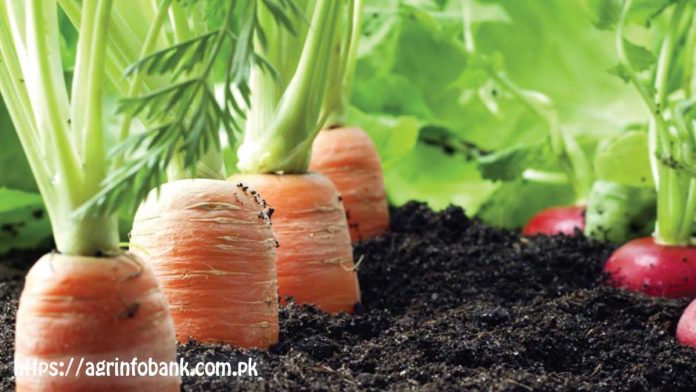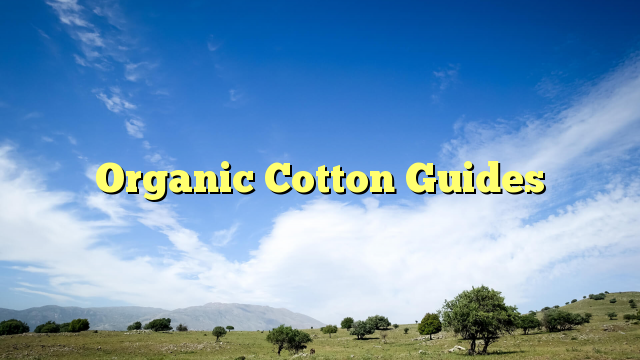Modern agriculture largely depends on the use of fossil fuel base inputs, such as chemical fertilizers, pesticides, herbicides and labor saving but energy intensive farm machinery. While the application of such high input technologies have undoubtedly increased production and labour efficiency. There is growing concern over their adverse effects on soil productivity and environmental quality which is emerging to recognize that the farmer has a great social responsibility as a land owner than merely agribusiness considerations.
Farming is both challenging and exciting. We have compiled information with reference to how things grow and why some growing methods may be preferred over other methods. This information is offered to assist expand awareness of methods of organic farming and sustainable agriculture.
In the simple terms, organic growing or farming is based on maintain a living soil with a diverse population of micro and macro soil organisms. A general phrase used to differentiate organic growing that will be explained in detail is “feeding the oil, not the plant” organic matter is maintained in the soil during the addition of compost, green manure and animal manure and the avoidance of excess tillage and nitrogen application. Another common feature of organic agriculture is growing plants without synthetic fertilizers or pest control chemicals.
Organic farming is a method which largely excludes or avoids the use of artificial inputs (such as pesticides, fertilizers, hormones, feed additives etc) and to the maximum extant feasible rely upon crop residues, animal manures, crop rotations, off-farm organic waste, mineral grade rock additives and biological system of nutrient mobilization and plant protection.
On a broader level, it seems there are some that distinguish organic growing as require some religious or spiritual dedication. Although this is far from the truth, it is true that many people committed to organic agriculture are committed to some essential societal principles as well. These generally consist of the desire for organic agriculture to be economically, socially and environmentally, sustainable and based on integrated production systems. The majority of people committed to organic production for social and environmental reasons, as opposed to economic opportunists, expect to be working within and as part of the ecological system or web of life as opposed to dominating and subjugating the system. There often is an emphasis on using locally and the quality of food is also seen as a key part of personal health and wholeness.

Erum Rashid *, Aamir Mustafa
Department of Horticulture, College of Agriculture University of Sargodha, Sargodha
erumrashid91@gmail.com
Everybody is conscious about health and the food they are consuming. While legislation will help standardize practices and expectations, there is grave concern regarding maintenance of organic ethic and survival of small farms that have depended on the organic label and ethic to mean more than what is included in the current legislation. It is clearly possible to meet organic certification standards as currently written without protecting the soil or farmland for future generations. There is concern that conventional farmers will be substitute and organic sprays or fertilizers.
It is also possible for factory farms to get organic certification and produce large quantity of certain crops for lower cost and lower prices than is possible for small farms. The success of organic standards cannot only be measured by economic or ecological standards, but must also take into account the long term sustainability of small family farms, as you study and learn more about the organic farming, you may encounter some differences in approach, style or what might be called philosophy. Organic agriculture must maintain and improve the health of plant, soil, animal, human and planet as one and indivisible.
The task of organic farming dealing out, distribution, or consumption, is to sustain and improve the health of ecosystems and organisms from the smallest in the soil to human beings. In particular organic farming is projected to produce high quality, nutritious food that contributes to preventive health care and well-being. In observation of this it must avoid the use of pesticides, fertilizers, animal drugs and food additives that may have adverse health belongings.
The aim of organic farming is to produce a sufficient supply of good quality food and other products, increasing the value of food which grow organically more nutritive then the conventionally grow. Organic agriculture improve the health of soil, increase population of fungi and worms and other organisms of soil. Organic agriculture save the land from losses due to soil erosion and degradation enhance moisture and improve fertility of soil .Under unfavorable condition adverse varieties will be used. Organic farming is based on local technologies and resources that provide farmer better independence and more control over their means of production. Impacts of organic agriculture on environment are;
- Decrease Nitrate leaching.
- Improving and increasing wildlife habit.
- Enhanced Soil biological activity.
- Physical Characteristics of soil improved.
Above all, remember the human health benefits and the benefits for the national world around you. These are long term effects that require long-term commitment, dedication and passion. Remember that another way of describing sustainability is the concept of taking responsibility for seven generation that will come after you will they thank you for what you have done.
In Pakistan there is need to introduce organic farming to emphasize the importance of organic farming. Organic farming in Pakistan is promoted by aware the people through training of researcher, teachers, students and organized group of women.


